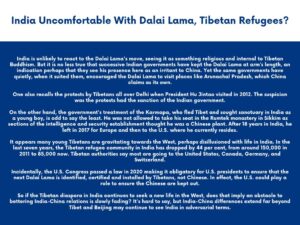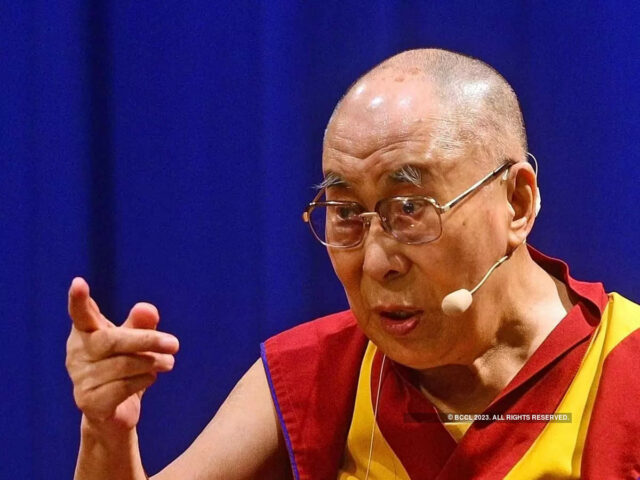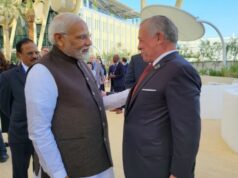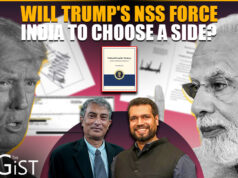NEW DELHI: Earlier this month, Tibet’s exiled spiritual leader the Dalai Lama anointed an 8-year-old Mongolian boy as the reincarnation of a deceased lama. The boy is now the 10th Khalka Jetsun Dhampa Rinpoche and will, when he comes of age, head the Jonang Monastery in Shimla.
Tibet scholars and watchers say the move is guaranteed to set China’s teeth on edge, since it has always insisted that it alone has the right to decide on issues related to the reincarnation of Tibetan lamas. That also includes the Dalai Lama incidentally.
The Dalai Lama’s move has important implications, says Vijay Kranti of the Centre for Himalayan Asia Studies & Engagement. “By anointing this boy, he has elevated a relatively less known sect of Tibetan Mahayana Buddhism represented by the Jonang Monastery. The lamas of this monastery are associated with the rituals of the Kaalchakra ceremony and also the Dalai Lama’s own personal rituals.”
Kranti believes the Dalai Lama is hinting to China that the monks of this order will play a role in identifying, certifying and installing his successor. Meaning that this process, which will get underway after his death, will be carried out by Tibetan scholars and lamas for the Tibetan people. China will thus have no role. This also seals the decision at a religious conference in Dharamsala that identifying new reincarnates is the sole prerogative of the Dalai Lama and Tibet’s social and religious leaders.
There’s something more. Over a decade ago, the Dalai Lama had handed over his political powers to an elected assembly and an elected Sikyong or prime minister. This was done to ensure China is not able to leverage the political powers of any future Dalai Lama. Currently the Dalai Lama has only spiritual powers that can be exercised by his successor even when he is only 5 years old (which is roughly the age when a reincarnate is identified).
China is not known to have reacted to the latest development. But the Dalai Lama’s move undercuts the 2007 “Order 5” law, which lays down that only the Communist Party can decide on matters of reincarnation. There’s the irony in an officially atheist state involving itself in religious matters. It reinforces the view that so many years after invading and occupying Tibet, China remains insecure about its hold over the plateau.

Thirty eight years in journalism, widely travelled, history buff with a preference for Old Monk Rum. Current interest/focus spans China, Technology and Trade. Recent reads: Steven Colls Directorate S and Alexander Frater's Chasing the Monsoon. Netflix/Prime video junkie. Loves animal videos on Facebook. Reluctant tweeter.





